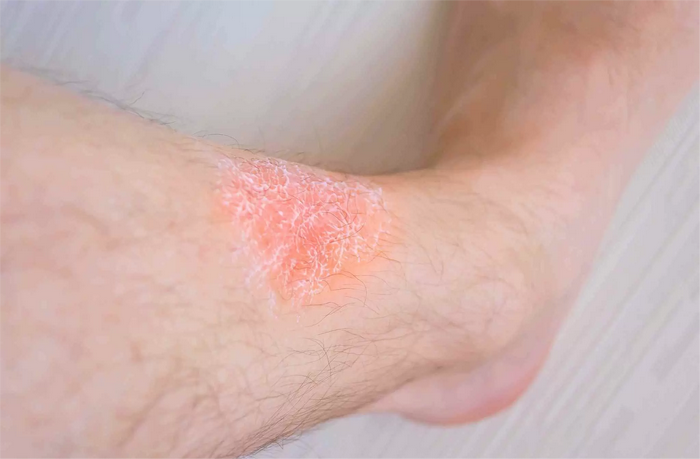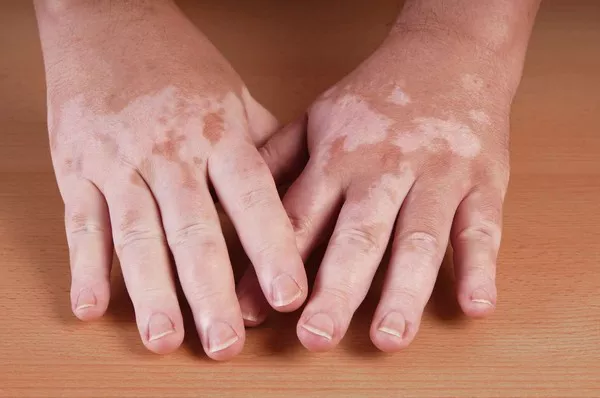Eczema, also known as atopic dermatitis, is a chronic skin condition characterized by inflammation, itchiness, and rash. Managing eczema requires a comprehensive approach that includes skincare, lifestyle adjustments, and sometimes medical interventions. However, in the quest to alleviate symptoms and manage flare-ups, there are several common mistakes that individuals with eczema may inadvertently make. Understanding what not to do when managing eczema can be as crucial as knowing what to do. Here are some key pitfalls to avoid:
1. Overusing Harsh Soaps and Cleansers
One of the most common mistakes people make when managing eczema is using harsh soaps and cleansers. Strong detergents and fragrances can strip the skin of its natural oils, exacerbating dryness and irritation. Instead, opt for mild, fragrance-free cleansers designed for sensitive skin. Look for products labeled as “hypoallergenic” or “gentle” to minimize irritation.
2. Skipping Moisturization
Proper moisturization is essential for managing eczema, as dry skin can worsen symptoms. However, some individuals may underestimate the importance of regular moisturization or use ineffective products. Avoid heavy creams or lotions containing alcohol or fragrances, as these can further irritate the skin. Opt for emollients and ointments that lock in moisture and provide a protective barrier.
3. Scratching the Itch
The intense itchiness associated with eczema can be incredibly tempting to scratch. However, scratching can damage the skin barrier and lead to further inflammation and infection. Instead of scratching, try gently patting or applying a cold compress to the affected area to alleviate the itch. Keep fingernails short to minimize skin damage from scratching.
4. Ignoring Triggers
Eczema triggers can vary widely from person to person and may include certain fabrics, environmental factors, stress, or certain foods. Ignoring these triggers can lead to frequent flare-ups and difficulty in managing the condition. Keep a journal to track potential triggers and avoid or minimize exposure to those that exacerbate your eczema.
5. Taking Long, Hot Showers
While a long, hot shower may be relaxing, it can be detrimental to eczema-prone skin. Hot water strips the skin of its natural oils, leading to increased dryness and irritation. Opt for lukewarm showers or baths and limit the duration to 10-15 minutes. Immediately apply moisturizer after bathing to lock in hydration.
6. Using Topical Steroids Incorrectly
Topical steroids are a common treatment for eczema flare-ups, but using them incorrectly can lead to side effects such as thinning skin and rebound flares. Never use more than prescribed by your healthcare provider and avoid abruptly stopping treatment without consulting a doctor. Follow your healthcare provider’s instructions carefully.
7. Neglecting Stress Management
Stress is a well-known trigger for eczema flare-ups. Neglecting stress management techniques such as meditation, yoga, or deep breathing exercises can contribute to worsening symptoms. Incorporate stress-reducing activities into your daily routine to help manage eczema effectively.
8. Wearing Irritating Clothing
Certain fabrics like wool or synthetic materials can irritate sensitive skin and trigger eczema flare-ups. Opt for soft, breathable fabrics such as cotton or silk. Wash new clothes before wearing them to remove any potential irritants from the fabric.
9. Self-Diagnosing and Self-Treating
It’s crucial to seek professional medical advice for eczema diagnosis and treatment. Self-diagnosing and self-treating with over-the-counter products may not effectively manage eczema and could lead to unnecessary complications. Consult a dermatologist or allergist for proper evaluation and personalized treatment plan.
10. Neglecting Sun Protection
Exposure to sunlight can trigger eczema in some individuals. Neglecting sun protection by not using sunscreen or avoiding sun exposure during peak hours can worsen symptoms. Use a broad-spectrum sunscreen with an SPF of at least 30, and wear protective clothing and hats when outdoors.
Conclusion
In conclusion, managing eczema effectively requires diligence, patience, and a proactive approach. By avoiding these common mistakes and adopting a holistic approach to skincare and lifestyle, individuals with eczema can better control symptoms and improve their quality of life. Always consult a healthcare professional for personalized advice and treatment recommendations tailored to your specific needs. With the right strategies, managing eczema can become more manageable and less disruptive to daily life.
Related topics:

























